Boat strike death toll climbs, legal justification still hidden
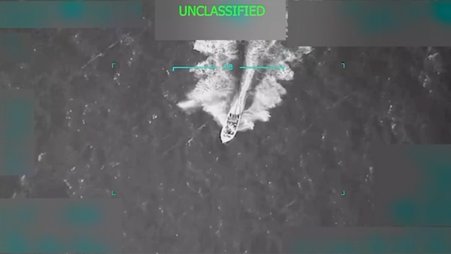

AI-generated image
The U.S. classifies far too many secrets, obstructing democracy.
Excessive government secrecy takes many forms, from agencies needlessly claiming documents are classified to ignoring information requests and destroying records — even when the documents show government fraud or illegal conduct. This hinders a free press, effective oversight, and the public’s ability to self govern.
We need to fight for systemic improvements, and we need the press to vigorously question the government every time it says something is classified.
Demand transparency around lethal targeting of alleged drug boats.
The public deserves to scrutinize the legal rationale behind the deadly attacks on alleged drug boats, but the administration is keeping the Department of Justice memo secret. Congress can change that — but it needs to hear from you to act.
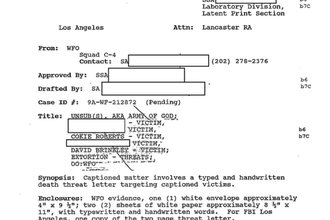
Plus: 9/11 records turn 25 next year. They should be automatically declassified.
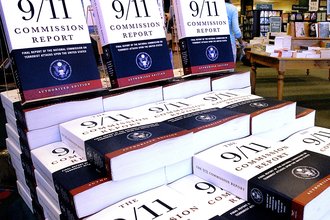
But because of a broken classification system, that won’t happen
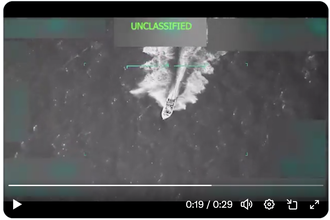
Plus: The JD Vance meme is harmless. But detaining someone for 18 hours over it and denying having any information about the detainment isn’t

FPF FOIA request seeks legal justification for Venezuelan boat strike

If the government was really concerned about protecting privacy, it wouldn’t have abducted and detained Öztürk for writing an op-ed

There are a lot of good reasons to hate John Bolton. This isn’t one of them
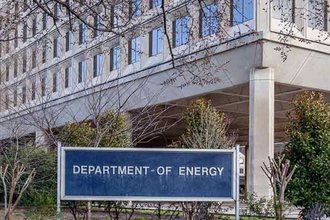
Plus: What we’re doing about Trump’s D.C. takeover
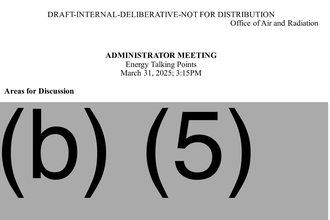
The challenges are steep, but persistence can pay off
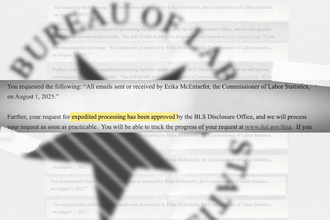
Plus: the Church Committee uncovered the CIA’s worst spying abuses. Some of the committee’s own records may soon be declassified

Plus: Our top 10 FOIA requests and how you can help
Something went wrong and your email updates subscription could not be processed. Please visit our signup page and try again.
Thank you for asking Congress to read the boat strike memo into the Congressional Record.
Share this message on social media: The public deserves to scrutinize the legal rationale behind the deadly attacks on alleged drug boats, but the administration is keeping the memo secret.
Congress can change that today.
Use our action center tool to tell Congress to read the memo into the Congressional Record.